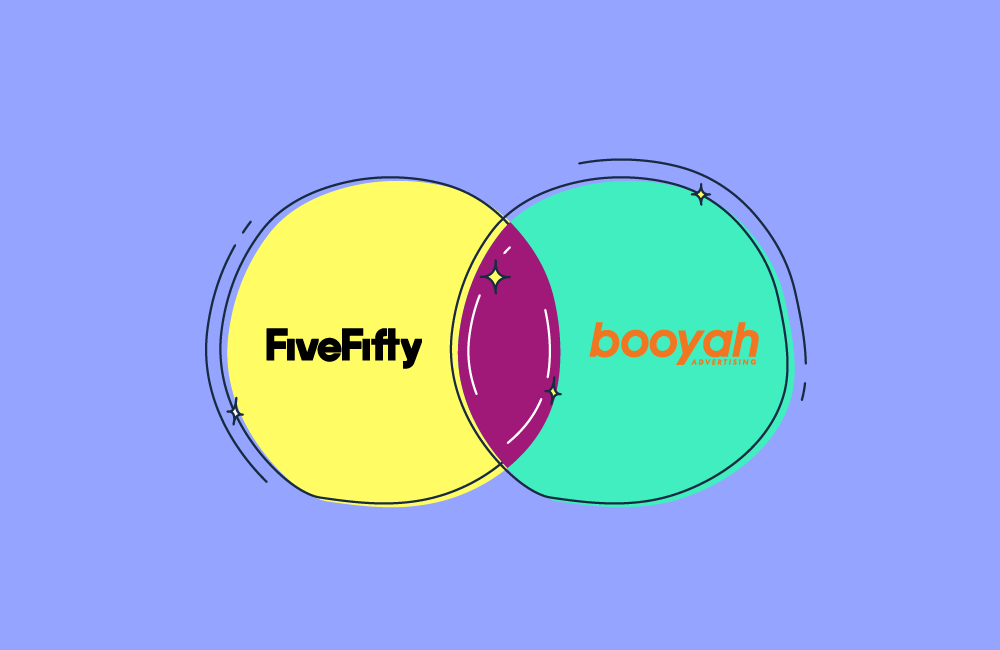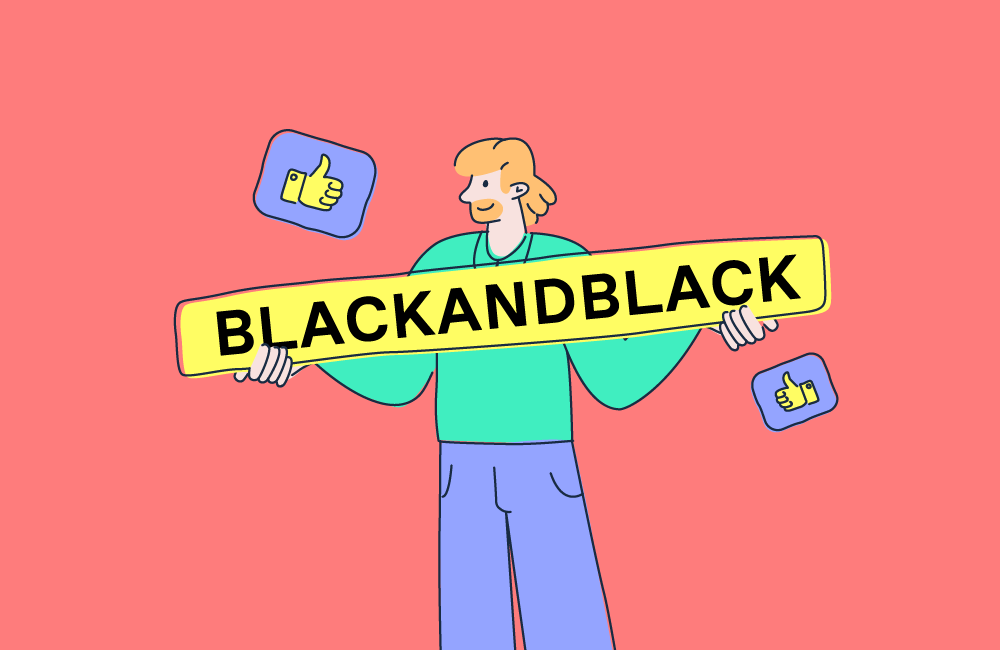Understanding the Nuances: Stock Sale vs. Asset Sale in Marketing Agency Acquisitions
In the realm of mergers and acquisitions (M&A), one crucial decision that…
How Flexibility Can Help in Selling Digital Agency
Selling Your Digital Agency? Why an Owner’s Flexibility is Key to Sealing a…
M&A Timelines: How Long Does It Take To Sell My Marketing Agency?
When you finally say to yourself, I want to sell my marketing agency, you may…
Why Honesty Is Essential When Selling An Agency
Are you selling an agency? There is one thing above all else that you can do as…
What Happens After You Sell Your Agency: Transition Period Explained
What’s The Deal After You Sell Your Agency? The day has finally arrived.…
A buyer's Guide to Choosing the Right Marketing Agency - Agency Types & Considerations
Are you considering expanding your business by acquiring a marketing agency?…
Selling A Marketing Agency: How The Process Works
Selling a Marketing Agency: How The Process Works Congrats on selling your…
Buyer & Seller Guide to Master Digital Agency Valuation
Whether you’re looking to buy or sell a digital agency,…
12 tips to Sell Your Marketing Agency & Make Profit
12 Tips For Selling A Marketing Agency For The Best Price As you contemplate…
Record High Valuations for Digital Agencies in M&As
In recent years, the landscape of digital marketing has undergone a seismic…
Acquisition Goals: It Pays To Know The Buyer You Want
Entrepreneurs often spend years building their agency and, when it comes time…
Tips To Sell A PR Agency For Top Dollar
Sell A PR Agency For The Best Price You founded your PR agency, took the time…





